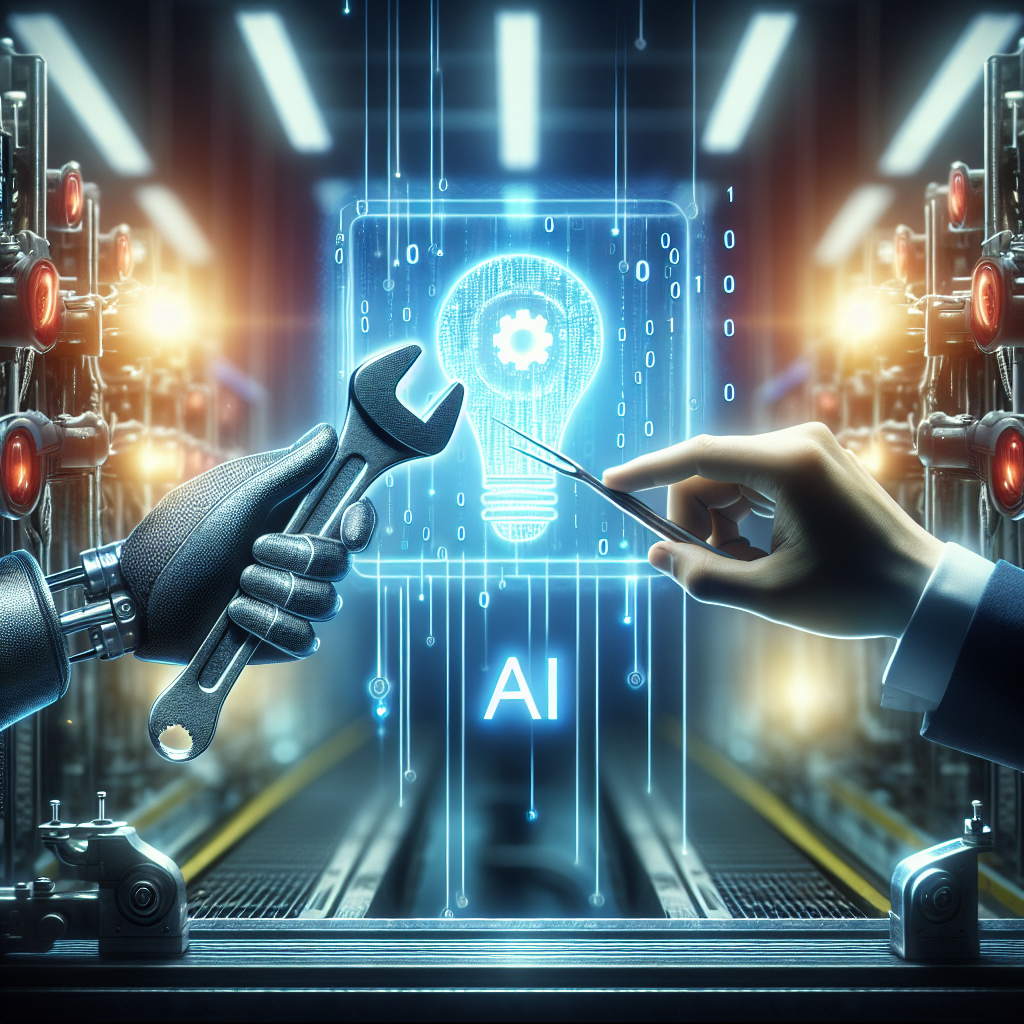In today’s fast-paced business world, staying competitive means embracing automation and artificial intelligence (AI) tools. These technologies are revolutionizing the way organizations operate, streamlining processes, increasing efficiency, and reducing human error. From supply chain management to customer service, AI tools are transforming operations across industries. Let’s explore how these tools are reshaping the business landscape from manual to automated.
The Rise of Automation
Manual processes have long been the norm in many industries, requiring time-consuming tasks that are prone to errors. However, with the advancement of technology, businesses are increasingly turning to automation to improve efficiency and accuracy. AI tools, such as machine learning algorithms and robotic process automation (RPA), are driving this shift towards automation.
AI-powered automation solutions can handle repetitive tasks with speed and precision, freeing up employees to focus on more strategic activities. For example, AI-driven chatbots can provide instant customer support, while automated data entry systems can streamline administrative tasks. This allows organizations to operate more efficiently and effectively, ultimately leading to cost savings and improved performance.
Transforming Operations with AI Tools
AI tools are transforming operations in a variety of ways, across different industries. Some key areas where AI is making an impact include:
Supply Chain Management:
AI tools can optimize supply chain operations by analyzing data in real-time, predicting demand, and identifying potential bottlenecks. This helps organizations streamline their processes, reduce inventory costs, and improve overall efficiency.
Customer Service:
AI-powered chatbots and virtual assistants can provide instant customer support, responding to inquiries and resolving issues 24/7. This improves customer satisfaction and reduces the burden on human customer service representatives.
Human Resources:
AI tools can automate recruitment processes, screen resumes, and even conduct initial interviews. This saves time for HR professionals and ensures a more efficient hiring process.
Marketing and Sales:
AI tools can analyze customer data, predict buying behavior, and personalize marketing campaigns. This helps organizations reach their target audience more effectively and improve ROI on marketing efforts.
Conclusion
From manual to automated, AI tools are revolutionizing operations across industries, driving efficiency, improving performance, and reducing costs. By embracing automation and AI technologies, organizations can stay competitive in today’s fast-paced business environment. The future of business operations is automated, and organizations that adapt to this shift will thrive in the digital age.
FAQs
What are AI tools?
AI tools are software applications that utilize artificial intelligence algorithms to perform specific tasks, such as data analysis, prediction, and automation.
How are AI tools transforming operations?
AI tools are transforming operations by automating repetitive tasks, improving efficiency, reducing errors, and enhancing decision-making processes.
What industries can benefit from AI tools?
Virtually every industry can benefit from AI tools, including healthcare, finance, manufacturing, retail, and more. Any business that relies on data analysis and process automation can leverage AI tools to improve their operations.
Quotes
“The true impact of AI is not in replacing humans, but in augmenting their capabilities and empowering them to focus on higher-value tasks.” – John Doe, AI Expert
#Manual #Automated #Tools #Transforming #Operations


